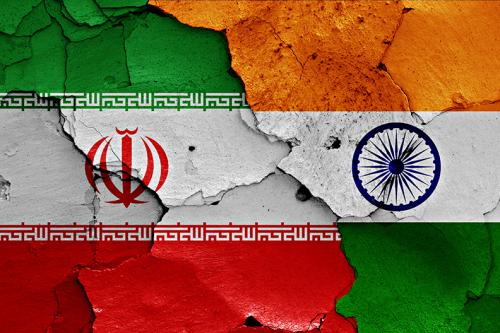It has been repeatedly heard from last couple of months that Pakistan is at the verge of default. Rising inflation, dwindling foreign exchange reserves, and continuously depreciating currency have weakened the economy. Adding to this, catastrophic floods have given another jolt to the economy. As per estimates, economic losses caused by the floods have reached $15 to $20 billion.
Read more: Inflow of dollars and declining foreign exchange reserves- what is happening?
A Pakistani investment banker known for working on Wall Street Mir Mohammad Ali Khan (MirMak) shared a worrisome experts’ point of view regarding Pakistan economy on Twitter. He said that he belongs to a professional banking and finance WhatsApp group which includes 280 CEOs, presidents of banks, MFs, analysts, and heads of departments etc.
He mentioned that most of them have come to a conclusion that a collapse is just around the corner. He summed up by stating, “what a sad day in my life. Sad. Allah save Pakistan. Ameen.”
I belong to a professional banking and finance WhatsApp group.
280 CEOs. Presidents of Banks. MFs. Analysts Heads of Departments etc.
Most have come to a conclusion that a collapse is just around the corner.
What a sad day in my life. Sad. Allah save Pakistan. Ameen.
— Mir Mohammad Alikhan (@MirMAKOfficial) September 16, 2022
Previously, there were high expectations that the revival of International Monetary Fund (IMF) loan programme would make the economy step towards stability. However, no significant changes have been witnessed as the Rupee is still depreciating against the US Dollar, foreign exchange reserves are dwindling, and inflation is also increasing at an increasing pace.
SBP reserves increased last week as the central bank received a $1.7-billion tranche from the International Monetary Fund (IMF).
However, Pakistan’s foreign exchange reserves recorded a decrease after a break of one week when it had increased after International Monetary Fund (IMF) released $1.17 billion tranche.
Pakistan’s rupee continued to sustain losses against the US dollar for the 11th successive session, settling with a depreciation of 0.41% in the inter-bank market on Friday, as the greenback strengthened globally while investors remained concerned over the widening trade deficit.
Pakistani economy is currently trapped in low growth, high inflation and unemployment, falling investment, excessive fiscal deficits, and a deteriorating external balance position. These are the outcomes of failure to timely address the structural problems faced by the economy. Failure to deliver ‘inclusive’ growth in turn is threatening the social stability of the society.














